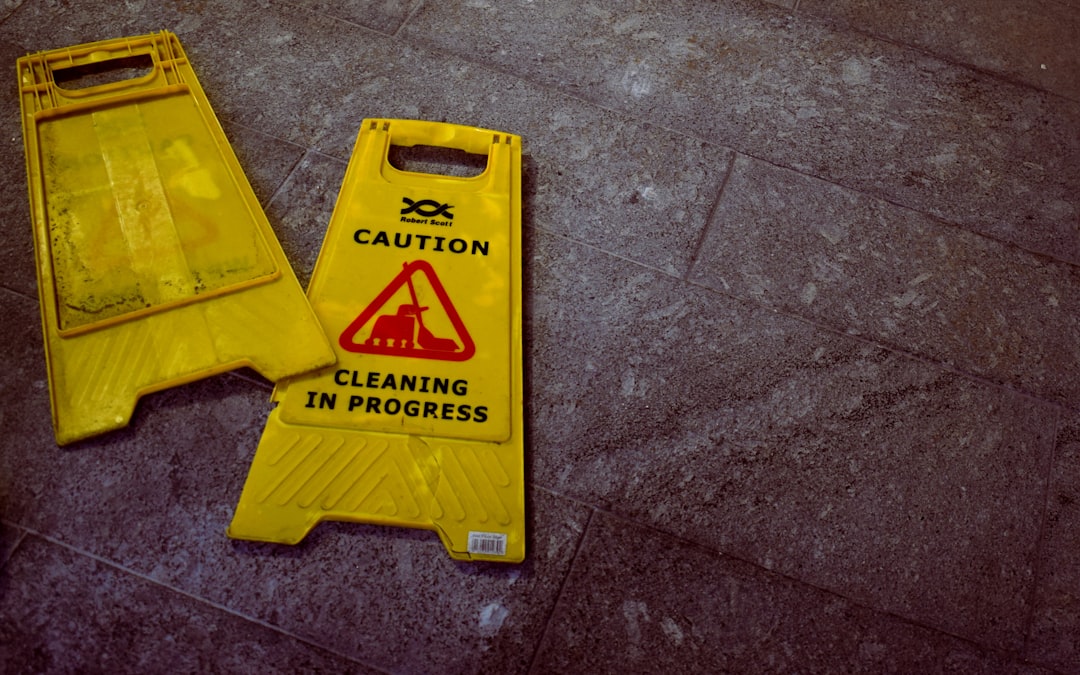Health and Safety Adviser Kaitohutohu Hauora-Haumaru
Health and safety advisers monitor workplace health and safety hazards, train employees on health and safety procedures, and investigate accidents.
Health and safety advisers may do some or all of the following:
- identify and measure chemical, physical and health hazards
- provide reports, and develop strategies, policies and procedures to minimise workplace hazards
- educate and train staff in managing workplace risks
- provide information on new hazards and legal requirements
- encourage staff to participate in health and safety procedures
- inspect workplaces to check health and safety procedures are followed
- record and investigate incidents and injuries, and equipment damage
- help injured staff return to work
- prepare reports on safety performance.
To specialise as a health and safety adviser in a particular industry, such as forestry, you need to complete further on-the-job qualifications relevant to that industry, or have significant work experience in the industry.
Occupational hygienist
To work as an occupational hygienist you need professional qualifications in science, maths or engineering.
Physical Requirements
Health and safety advisers in some specialised areas, such as construction, need to be comfortable working in confined spaces and at heights.
They may also need normal colour vision because many safety systems are colour-coded.
Useful Experience
Useful experience for health and safety advisers includes:
- work in a trade that requires health and safety awareness, such as construction or agriculture
- work as a health and safety representative while doing a different job
- experience in the industry that you want to work in – for example, forestry
- a background in occupational health nursing
- work for the Accident Compensation Corporation (ACC).
Personal Qualities
Health and safety advisers need to be:
- good at relating to a wide range of people
- patient
- able to remain calm in emergencies
- skilled at understanding complex information and presenting it simply and accurately
- safety-conscious
- good at problem-solving and decision-making
- able to work independently and in a team.
Skills
Health and safety advisers need to have knowledge of:
- health and safety legislation
- work-related illnesses and injuries, and rehabilitation strategies
- WorkSafe policies, guidelines, and procedures
- Accident Compensation Corporation (ACC) procedures, and how an organisation becomes ACC-accredited
- international health and safety standards and tools
- how businesses function
- the industry they are working in.
Conditions
Health and safety advisers:
- usually work regular business hours, but may sometimes need to work evenings and weekends
- usually work in offices and at worksites such as factories, farms and forests
- may work in noisy, dirty conditions
- may travel locally between worksites, and overseas to attend conferences.
Subject Recommendations
There are no specific secondary education requirements to become a health and safety adviser. However, biology, chemistry, physics, maths and English are useful.
Related Courses
Health and Safety Advisers can earn around $51K-$70K per year.
Pay for health and safety advisers varies depending on their skills, experience and qualifications.
- Health and safety advisers with one to two years' experience usually earn $51,000 to $70,000 a year.
- Health and safety advisers with three to six years' experience can earn $65,000 to $105,000.
- Those with over seven years' experience can earn from $100,000 to $125,000.
Source: Lawson Williams Consulting Group, 2023.
Health and safety advisers may progress to set up their own business, or move into management, teaching or research roles.
Health and safety advisers can specialise as an occupational hygienist, or specialise in particular industries such as:
- agriculture, forestry or fishing
- construction
- health
- hospitality
- mining
- oil and gas
- processing and manufacturing.
Years Of Training
1-3 years of training usually required.To become a health and safety adviser you usually need an occupational health and safety certificate, diploma or degree.
Several tertiary providers offer these courses.

 Waiopehu College
Waiopehu College